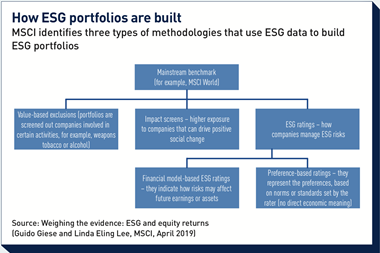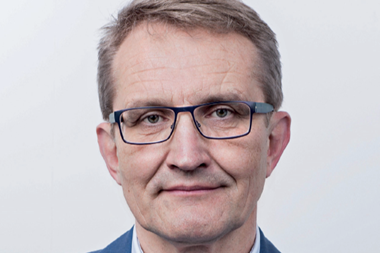Investors are becoming more aware of the risk elements of environmental, social and governance (ESG) issues, which is increasing their significance, according to Austria’s central bank.
Speaking at an industry event in Vienna last week, Franz Partsch, director of the treasury department at the Austrian National Bank (OeNB), said: “We are looking at sustainability from a risk point of view – we do not want to be exposed to ESG risks both because of return as well as reputation.”
At the annual summit organised by Barbara Bertolini and aimed at institutional investors from Germany, Austria and Switzerland, the OeNB treasurer called for more standards in ESG investing.
“When we tendered an equity mandate last year with an ESG benchmark we saw major differences in the technical implementation of ESG,” Partsch said.
The differences between providers were mainly concerned with how ESG was implemented within company structures, and in the ex-post assessment of ESG issues.
“Many areas of sustainable investing are lacking best practice and market standards,” Partsch said.
“Allow the bouquet of ESG to grow first before setting standards, otherwise we could end up with a case of ‘garbage in, garbage out’”
Claudio Gligo, CIO, Bonus
He added that the OeNB – which runs a €3.1bn portfolio of reserves and buffers – hoped for “further developments” pushed by demand, but it also “believes in the reinforcing effect of regulation”.
Standardisation of ESG
Partsch was convinced that the standard rating process and the assessment of ESG criteria would merge in the near future.
“For investors, the impact is not important but the risk-return profile is,” he said.
During a panel discussion at the conference, Claudio Gligo, CIO of the €2.5bn Bonus Group Vorsorgekasse and Pensionskasse, warned against too much standardisation.
“Until very recently ESG was still a niche topic and not taken very seriously by many,” he said. It has since reached a different standing and as clients’ awareness of the subject was increasing, hard facts were necessary, Gligo said.
However, the CIO warned that too much regulation could mean standardisation at a low quality level. “Allow the bouquet of ESG to grow first before setting standards, otherwise we could end up with a case of ‘garbage in, garbage out’,” he warned.
Gligo agreed with Partsch that “any risk analysis not taking ESG factors into account is incomplete”.
As the OeNB was part of a global network of national banks, Partsch was able to confirm that there were “strong developments in Asia” regarding ESG topics with Europe being “the frontrunner with its action plan”. However, there was “little interest from North America”, he added.









